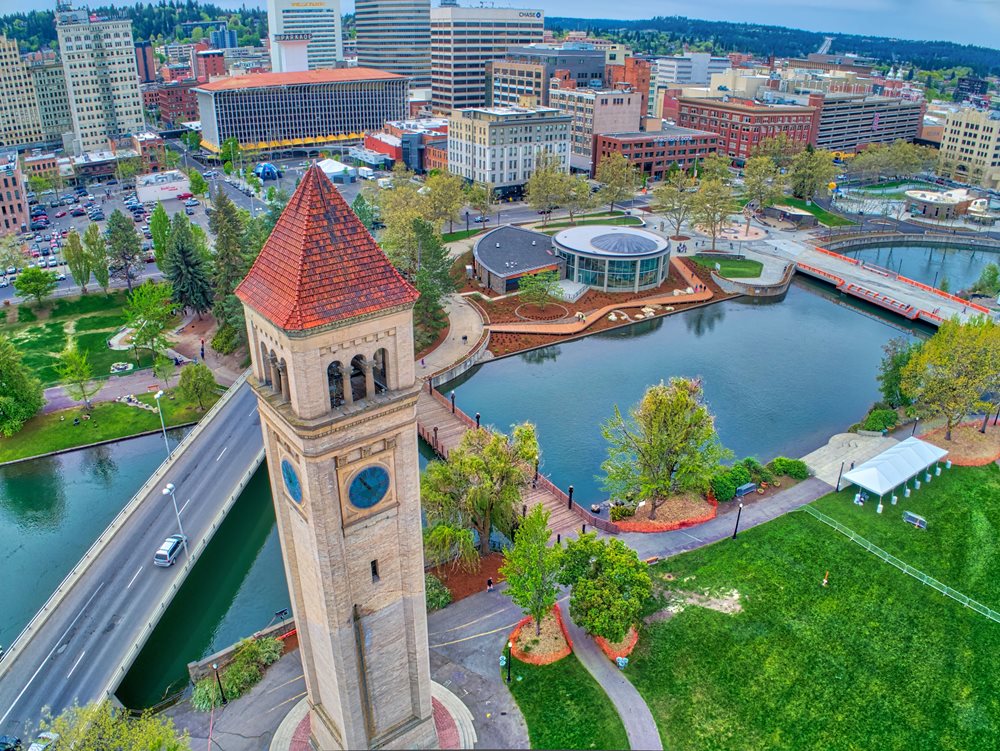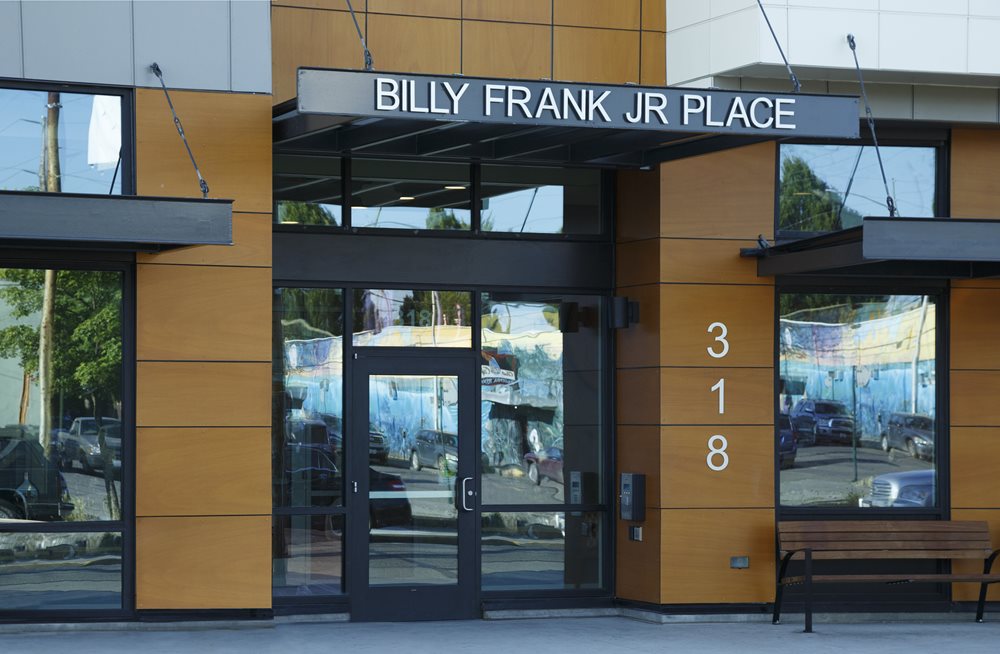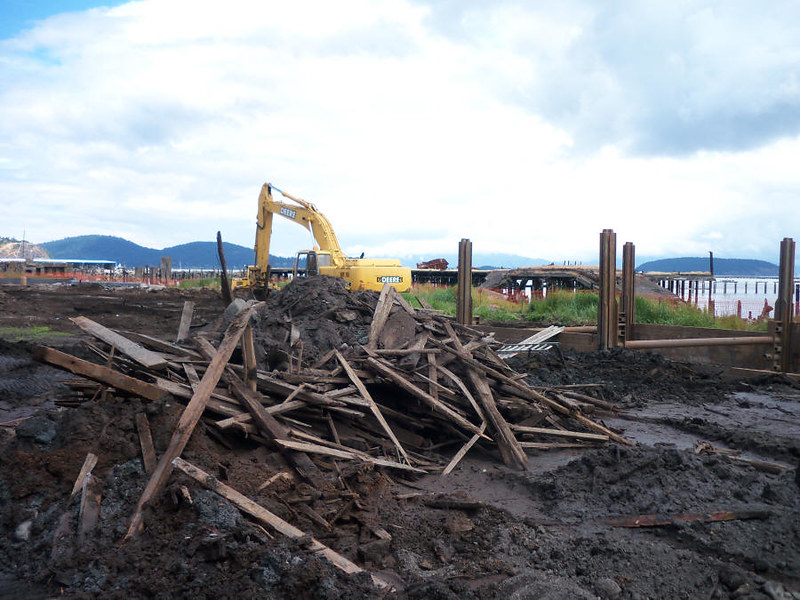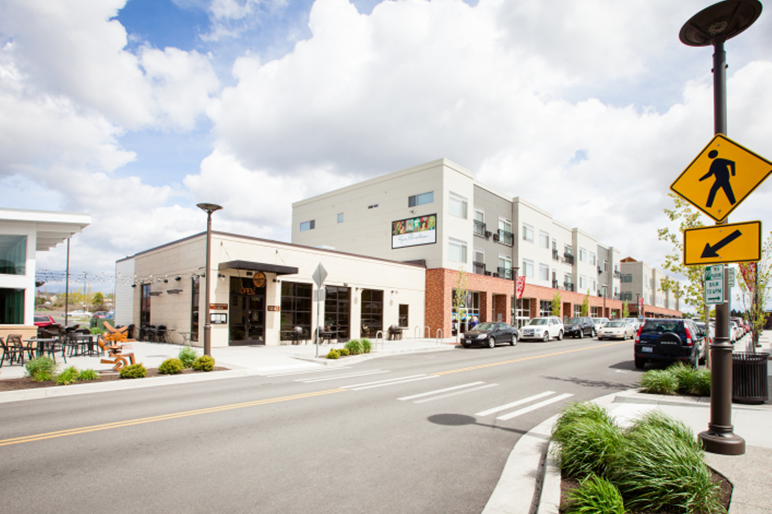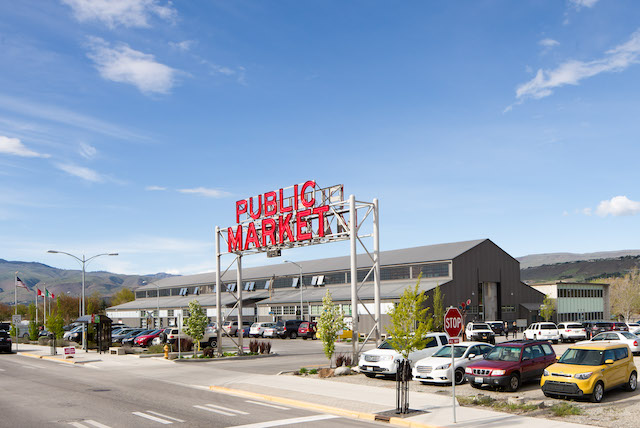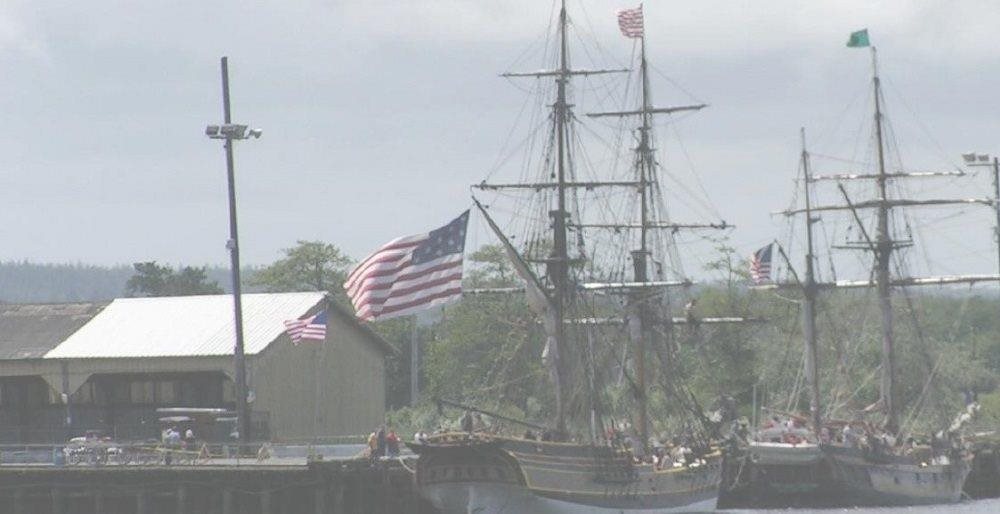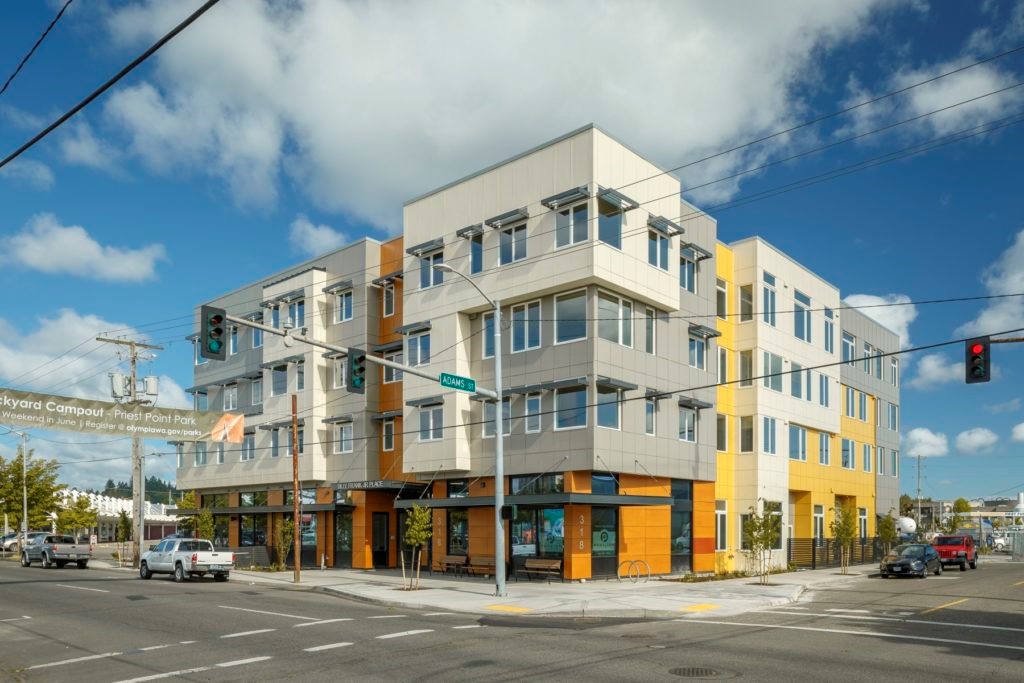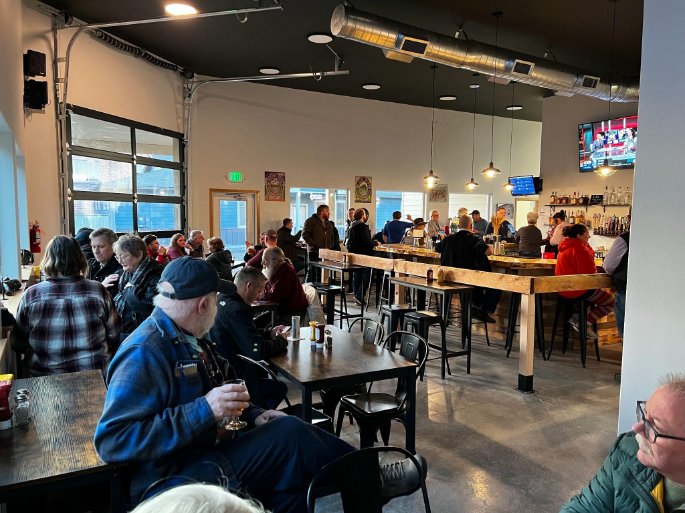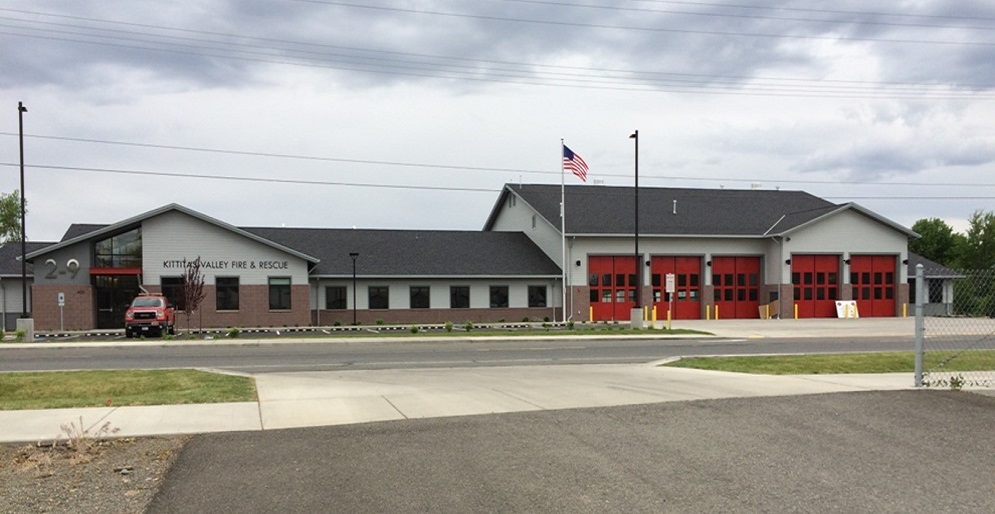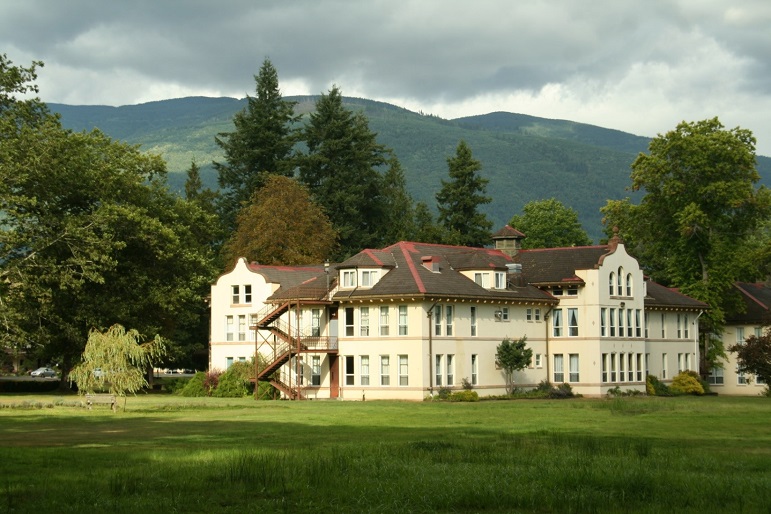The benefits of redeveloping brownfields
Redeveloping brownfields improves public health by cleaning up contamination, turns former blight into new opportunity, saves undisturbed land from development, and more. Get inspired by browsing our brownfield success stories below!
Success stories
Why redevelop brownfields?
When communities clean up and redevelop brownfields properties, they can:
- Stimulate a community's economy, create more jobs, and increase local tax base.
- Provide healthy sites for community priorities such as affordable housing.
- Turn their community's perceived problem into an asset and improve their image.
- Enable efficient land use and minimize the construction of new service infrastructure.
- Facilitate the resolution of environmental justice issues.
- Protect human and environmental health, and mitigate public health and safety concerns.
- Provide opportunities for habitat restoration, parks, or other public spaces.
Related links
Contact information
Elaine Heim
Brownfields Program Communications Planner
elaine.heim@ecy.wa.gov
360-584-3750
Tina Hochwender
Brownfields Program Infrastructure Planner
tina.hochwender@ecy.wa.gov
564-669-1915


